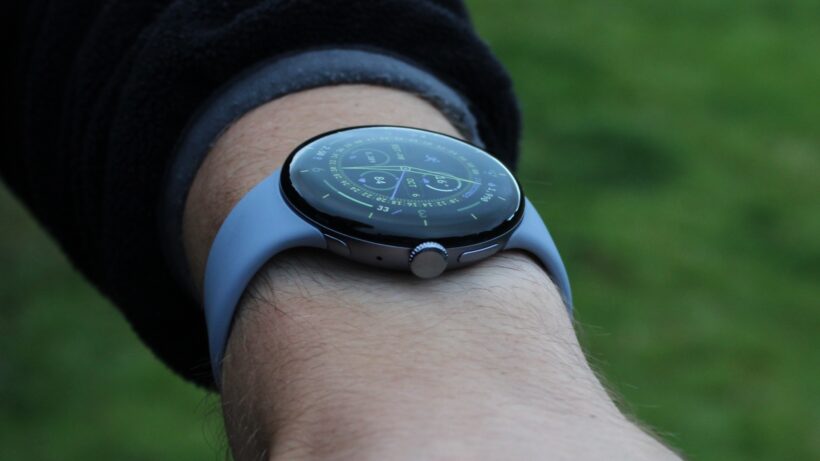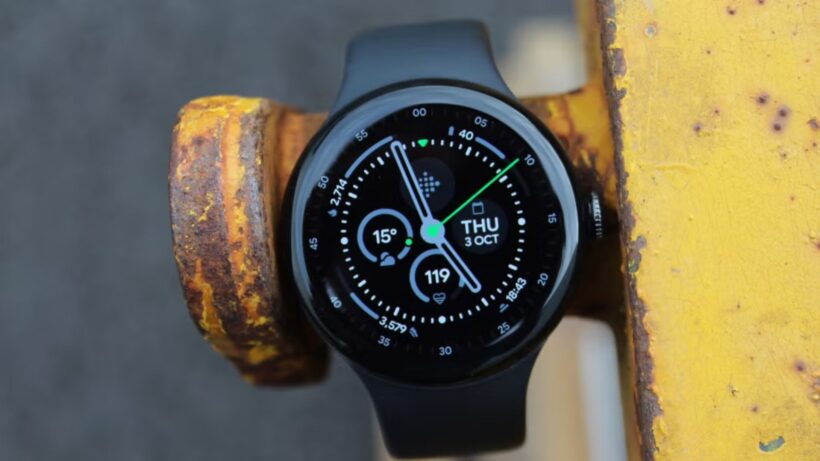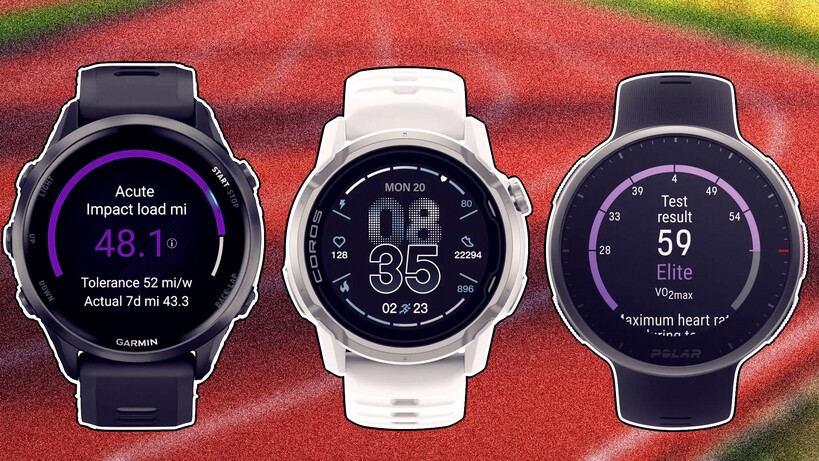
Fitbit Labs has launched two new experimental programs—’Unusual Trend Detection’ and a ‘Hypertension Study Lab’—signaling a continued push to make its platform more proactive at detecting early signs of health issues.
The Hypertension Study Lab is the more ambitious of the two. It’s a formal research project aimed at determining whether data from the Google Pixel Watch 3 (not the current-gen Pixel Watch 4) can detect early signs of high blood pressure. This initiative aligns with Google’s recent push, seen in the Fitbit Coach app upgrade, to build more robust, AI-driven health algorithms for preventative care.
Google is seeking up to 10,000 eligible participants in the US for the six-month study. Some participants will also be sent an ambulatory blood pressure monitoring (ABPM) cuff to provide clinical-grade comparison data (and will receive a $25 gift card for its return).
Fitbit is clear that this is purely for research to build and validate future machine learning models. Participants will not receive personal health feedback or hypertension alerts from the study. The goal is simply to see if the watch’s sensor data correlates with real-world blood pressure readings.
Catching up to rivals
The second new feature, Unusual Trend Detection, is a more general wellness tool. It’s designed to act as an early warning system by proactively alerting users if their core health metrics—like resting heart rate, breathing rate, or skin temperature—stray significantly from their established personal baseline.
When an unusual trend is detected, the app will allow users to log symptoms or potential causes (like illness or stress) and receive recovery tips.
Ultimately, both projects show Google’s clear direction for the Fitbit platform: moving beyond simple activity tracking and toward proactive, preventative health.
By investing in this kind of research, Google is laying the groundwork to turn its wearables into tools that can alert users to meaningful health changes before they become more serious problems.



